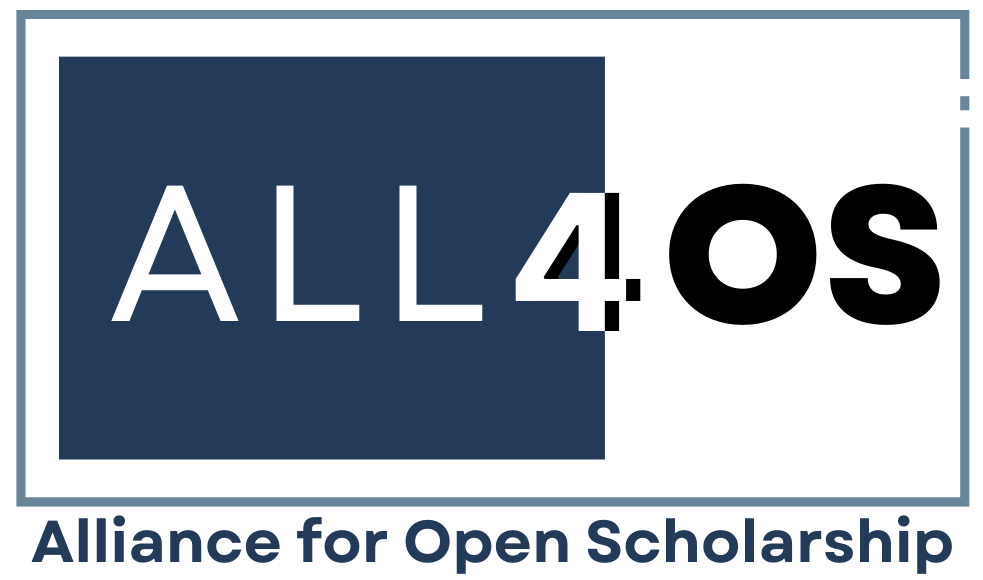All4OS Joint Statement
Scientific and learned societies and associations aspire to advance discovery; promote responsible and ethical practices; foster a vibrant future within and across disciplines; train and nurture future generations of researchers; serve as trusted conduits between researchers and communities; and expand diversity, equity, inclusivity, and accessibility. To these ends, societies and associations play a unique and critical role in identifying, articulating, and socializing appropriate norms within their disciplines. Scientific and learned societies and associations help to shape a positive research culture, working to advance core values including transparency, trustworthiness, equity, and inclusion. Acknowledging that there are differences across disciplines, geographies, and communities, we affirm our support for the open sharing of research and scholarship as a key enabler of these core values. Our organizations commit to accelerating the transition to a more open, equitable, and sustainable ecosystem by developing discipline-specific guidance on the following:
Supporting and sustaining open infrastructure, including but not limited to data repositories, code and software repositories, ontologies, and tools that enable machine reading and data mining. Where appropriate, societies and associations should encourage the use of domain-specific open infrastructure, and encourage universities, funders, and government agencies to do the same.
Providing training opportunities and resources to current and next generation researchers on good open research and scholarship practices, including, but not limited to, FAIR and CARE data sharing, data management plans, preregistration, preprinting, and self-archiving of papers and other research outputs such as software and code.
Devising recommendations for colleges and universities to properly evaluate and incentivize good open research and scholarship practices for the purposes of hiring, review, tenure, and promotion.
Promoting the direct links among open research and scholarship; broader societal impacts; diversity, equity, inclusivity, and accessibility; and community engagement.
Aligning awards and recognition schemes to promote a culture of open research and scholarship.
Additionally, to ensure that our words are backed by actions and that our processes are in accordance with the values articulated herein, our organizations commit to developing, in a timely manner, a public plan articulating the steps we will take to facilitate open research and scholarship in our discipline. The plan will include at least the following components:
Designating a high-level representative or team to coordinate open research and scholarship within our organization.
Developing community input mechanisms (e.g., working groups, convenings, open calls) to solicit input and share progress.
Meeting regularly with similarly engaged societies and associations to discuss challenges, opportunities, and best practices in the development, deployment, and evaluation of open research/scholarship strategies.
Acting collectively with other societies and associations, colleges and universities, philanthropies, government agencies, and other sectors to amplify, harmonize, and catalyze open research/scholarship guidance and incentives.
Sharing an annual update on our individual and collective progress in developing and deploying our plan for facilitating open research and scholarship in our discipline.
